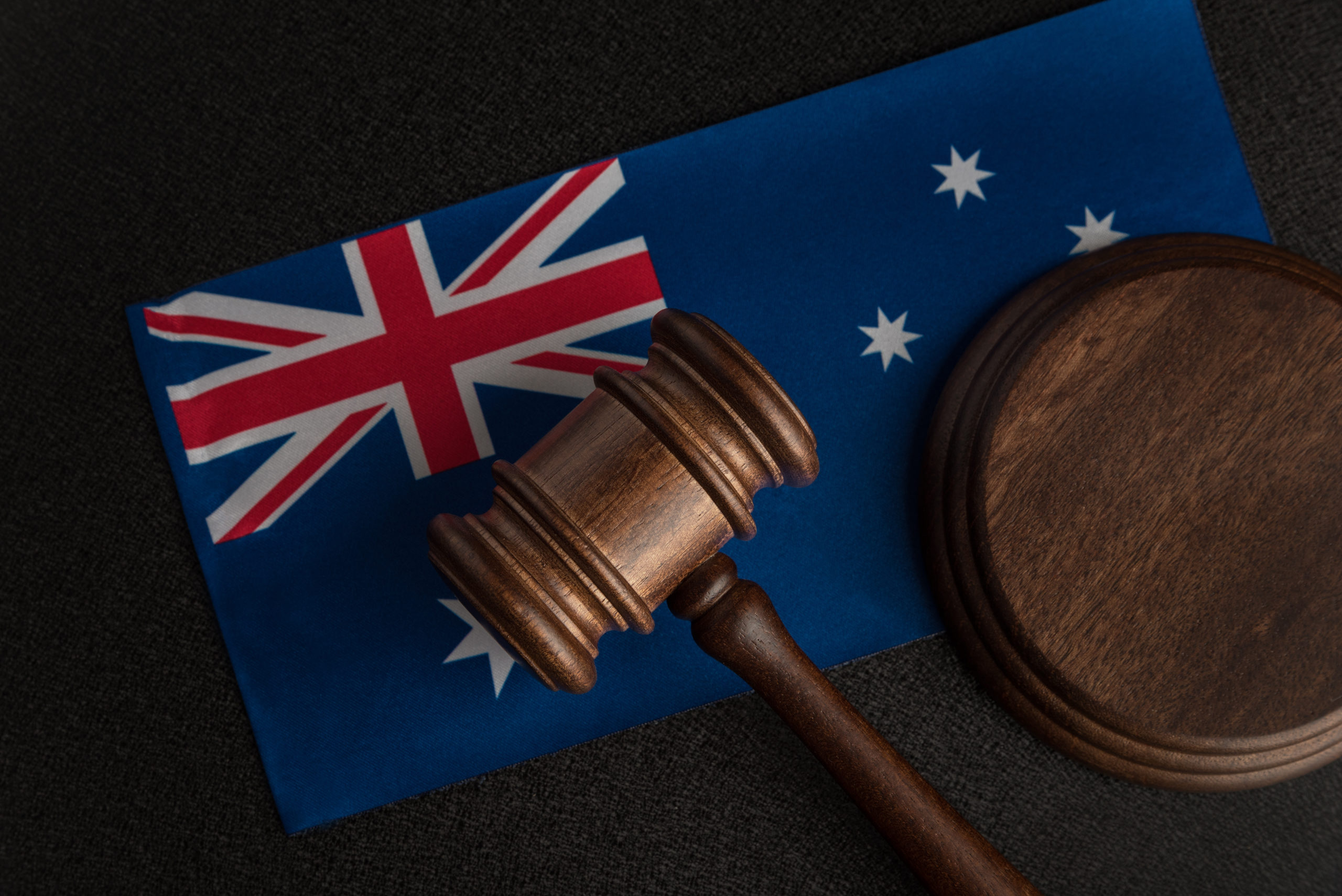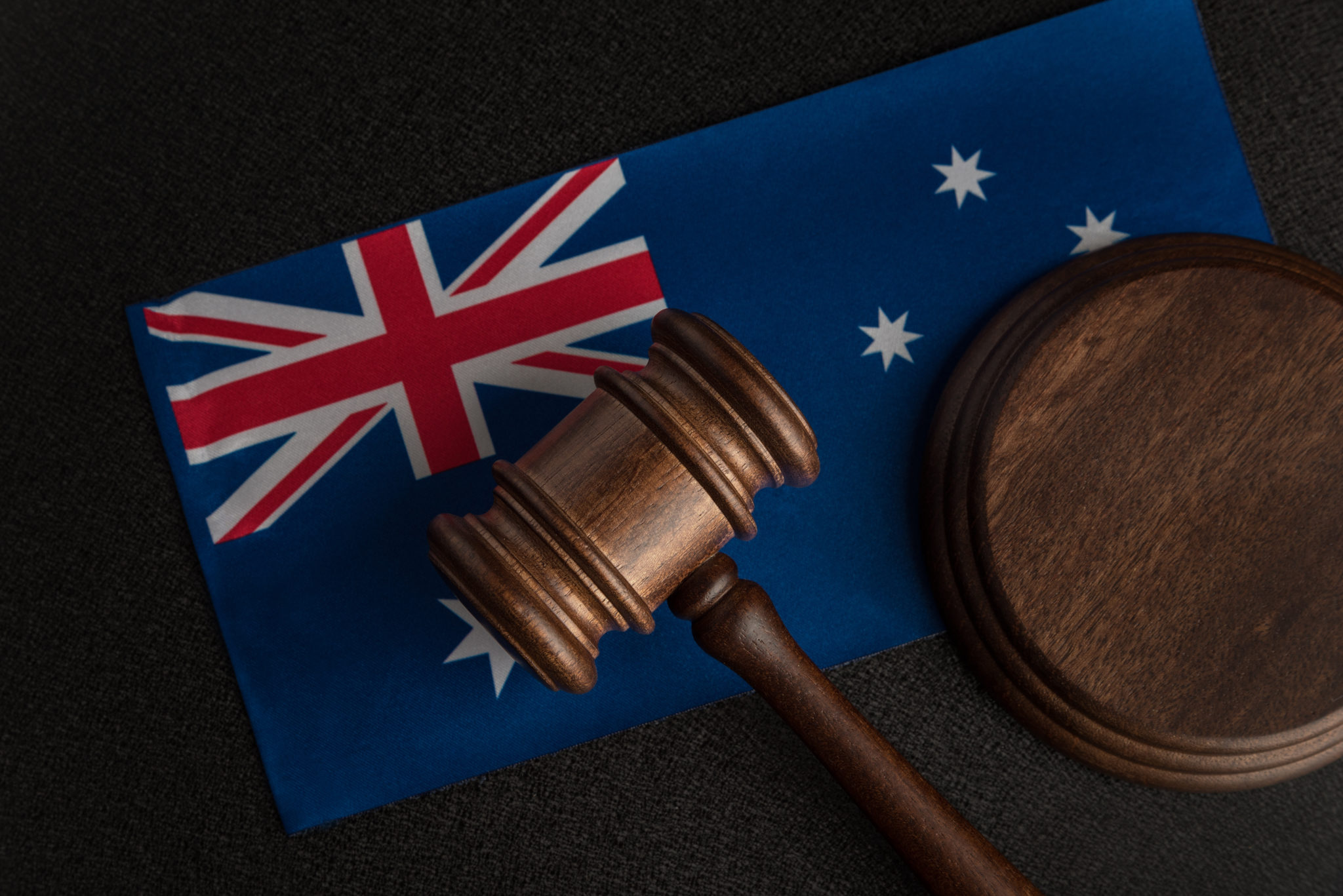
Do you know that Australian immigration law sets out many standards under which a visa application may be refused?
If your visa application has been refused by the Department of Home Affairs, you are entitled to have this decision reviewed at the Administrative Appeals Tribunal which is also known as AAT.
What happens if my visa gets refused?
When you find out that your visa has been refused it is very useful to seek the advice of specialist migration law experts such as migration lawyers to provide insight and advice into the procedure and potential outcomes of the hearing if you decide to exercise your right to review your visa refusal decision.
What are the steps when engaging Migration Lawyers/Agents if my visa has been refused:
Step 1: Appointing a legal representative for the hearing
By seeking the help of a migration specialist, you are nominating this individual to be your legal representative for the hearing. This will allow you to work with someone who is familiar with the law regarding your matter to achieve the best outcome regarding your visa.
If you apply for a review of your visa decision you will be issued with an invitation to attend a hearing by the AAT. In this invitation, it will outline the particulars of when, where and who will be conducting your hearing and any additional information you need to provide.
The Tribunal member will have access to your file from the Department of Home Affairs and you or your legal representative can request for access to this file prior to your hearing via a specific Freedom of Information request for migration matters.
Step 2: Prepare for the hearing with a written submission drafted by your legal representative and obtain any relevant evidence
Depending on the nature of the hearing, you may be required to provide additional evidence to allow the member to be able to make a full decision. In most cases, it is beneficial to provide a written submission drafted by your legal representative which will address the key issues raised in the decision record from the case officer.
Step 3: Attend the hearing
During the hearing you will be given the opportunity to present your case to the member. They will ask you questions which you will need to answer honestly and accurately to the best of your knowledge. The length of which the hearings may go for varies depending on the substance of the case itself. On average, a hearing may go for 90 minutes, or it may go on for up to 3 hours and this is at the discretion of the tribunal member and the circumstances of your case.
A decision on your matter will not be made during the hearing, but the member will give you instructions on whether you need to provide anything further to them after the hearing or when you can approximately expect to receive a decision on your matter.
What are the outcomes of an AAT hearing?
There are three decisions that the Tribunal can make:
- If they affirm the decision, it means they have decided to agree with the Department’s initial decision to refuse your visa application. The effect of this means that the case officer’s decision remains in force.
- If they set aside the decision, they have decided that the delegate’s initial decision should be changed. It will be at the discretion of the tribunal to replace or substitute the Department’s decision with a new decision.
- If they remit the decision, they have decided that the Department’s refusal decision needs to be reconsidered. The effect of this means that the Department is required to reconsider the application having regard to any directions that are given and made by the Tribunal.
In some circumstances, the Tribunal may decide that they have no jurisdiction to review the department’s decision. When this happens, it means that the Tribunal has no power to review the decision.
What happens after the AAT hearing?
The Department will receive advice of the Tribunal’s decision after the hearing and they will give effect to their respective decision. After their decision is relayed to the Department, your immigration status in Australia may change.
- If the Tribunal affirms the decision or they assess that they have no jurisdiction in the matter, your bridging visa will cease 35 days after a decision is made (if your bridging visa was granted on or after 19 November 2016) OR 28 days after the decision is made if it was granted before 19 November 2016.
- If the Tribunal sets aside the decision and substitutes a decision for the visa to be granted, your bridging visa will cease and the visa that you applied for initially will become active.
- If the Tribunal remits the decision back to the Department for reconsideration, your bridging visa will remain in effect while your application gets processed by the Department.
If you receive a decision from the Tribunal that is not favourable, for example the affirmed decision or no jurisdiction decision, you can consider seeking a judicial review at the Federal Circuit Court of Australia.
If you decide to proceed with a further review, you may be eligible for a bridging visa that will keep your immigration status in Australia lawful through the process. It is important to know when your current visa will expire so that you can apply for another visa before the expiry date.
AAT FAQs
What type of decisions can the AAT make?
The AAT can review decisions made under more than 400 Commonwealth Acts and legislative instruments.
The most common types of decisions the AAT can review relate to:
- Child support
- Commonwealth workers’ compensation
- Family assistance, paid parental leave, social security and student assistance
- Migration and refugee visas and visa-related decisions
- Taxation
- Veterans’ entitlements.
What other type of decisions can the AAT review?
AAT also review decisions relating to:
- Australian citizenship
- Bankruptcy
- Civil aviation
- Corporations and financial services regulation
- Customs
- Freedom of information
- The National Disability Insurance Scheme
- Passports
Are there time limits for applying to the AAT?
There are time limits for lodging an application for a review of most types of decisions. Strict time limits apply to applications relating to decisions about visas made by the Department of Home Affairs. .
Need help with your Visa?
NO BORDERS LAW GROUP:#1 TRUSTED MIGRATION AGENTS
Email:[email protected]
Tel:+61 (07) 3876 4000
We will help you exploring visa options and securing application. No Borders Law Group is experienced in the migration and Australian visa application, and our migration agents and lawyers have extensive knowledge in the legal requirements, eligibility criteria, and the supporting documents required.
Simply dial 07 3876 4000 or email:[email protected]and let us help you start with your way towards obtaining an Australian visa.
Material adapted from
©AAT

